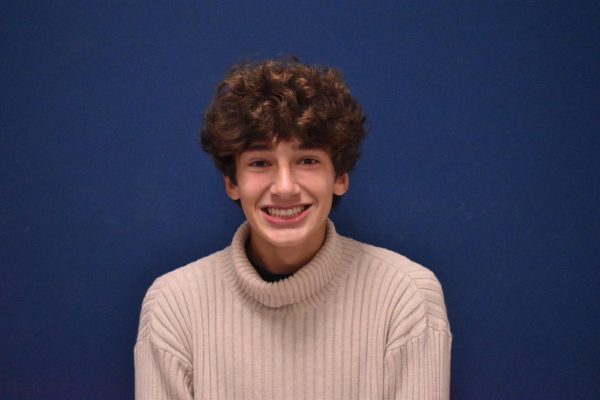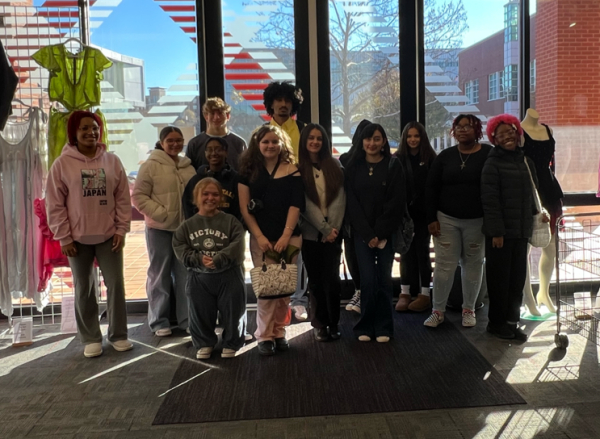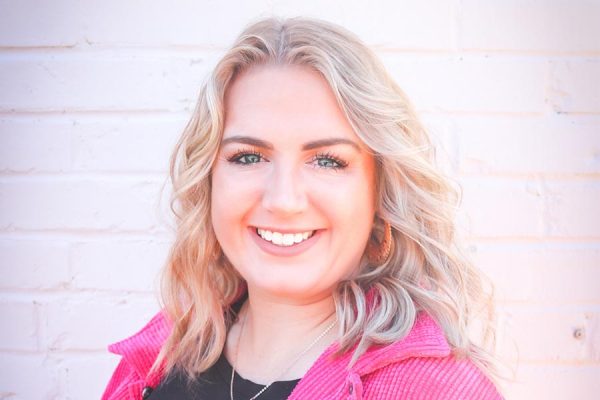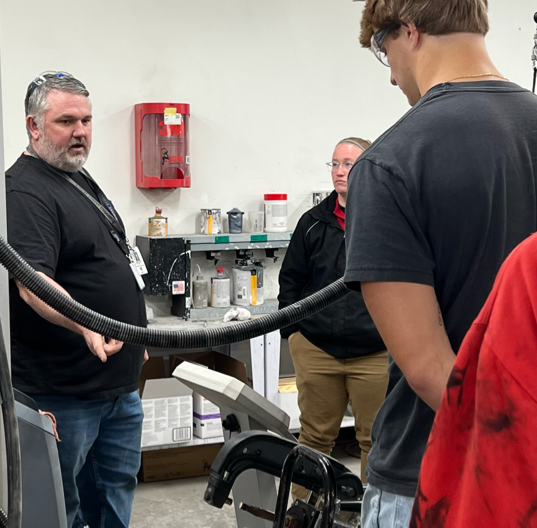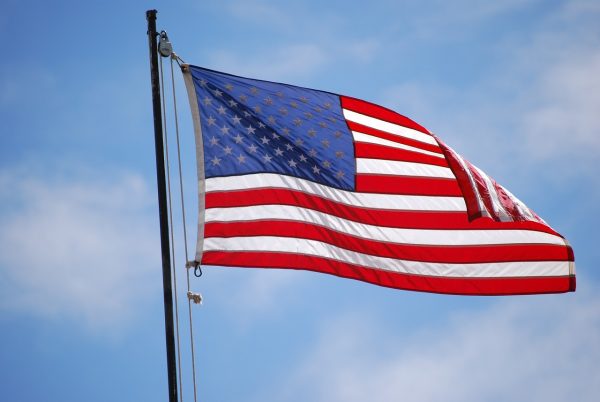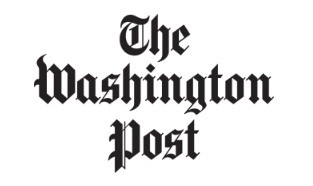Syrian refugee debate causes controversy in the U.S.
March 14, 2016
The escalating war in Syria and the terrorist attacks of ISIS caused our state’s leaders to face the question of whether or not to allow Syrian refugees in North Carolina.
Shortly after the attacks Nov. 13 in Paris, Governor McCrory made the decision to deny access of Syrian Refugees into North Carolina. The governors of 31 other states joined McCrory in banning refugees from Syria.
This decision has raised controversy among many.
“I feel that he’s doing it to protect us; however, it’s not beneficial to the people looking for safety,” senior Celia Brown said.
Some think that denying access of refugees does not coincide with America’s original plan to be a safe haven for people of all religions and ethnicities.
“I feel that it is a bad thing because they want to come here to be safe because they feel that this is the safest place that they can come. So that would be a bad thing to not give them the opportunity to live the American way, which is the beautiful way,” junior RJ Wright said.
Others believe that denying access is the best way to maintain safety for the American people.
“I think it’s right because not pertaining to the attacks in Paris, we need a more efficient way to track possible terrorists and keep it from happening here,” freshman Kyan Britton said.
Denying access of refugees may also not be as protecting of North Carolina citizens as some may believe.
“I understand his intention, which is to try and control the inflow of possible terrorists and unfriendlies. If any state in the U.S. agrees to support the effort to bring them here, it doesn’t exclude any other state from not. I mean, what state’s better than the other one? None. That’s just a hard question,” JROTC Instructor Colonel Dimitri Belmont said. “I appreciate him thinking that he’s going to keep us safe, but what happens is, if Virginia lets them in, they’ll just drive to North Carolina. Whatever state lets them in, they migrate and leave. They go where they want to go. You can’t stop them. We don’t have a border, so you can’t really control it and not allow them to come to North Carolina. They’re going to come here if they want to.”
AP Government teacher Jeremiah Mattingly believes the media has a large impact on students’ feelings towards the sanction of Syrian refugees.
“If you watch only certain media sources, you’re going to get one side of it rather than the entire truth about it. My advice to them is to watch as many media outlets as they can and research a little bit more so they can get the whole truth,” Mattingly said. “I show them examples in class of how biased media can lean you towards being against things like the Syrian refugees. Other media can lean you towards them, and the truth of it is that 95 percent of the Syrian refugees are people who are really in need.”
Understanding our world’s history plays a large role in being able to fully understand things happening in the world today, according to American History teacher Hancel Phipps.
“They need to understand that global terrorism is not something that’s new to our age. Terrorism goes back as far as history goes back, and a lot of the problems that they think are just based on right now are actually problems that have been around as long as man’s been around, and we haven’t been able to solve them yet, and I don’t think we’ll be solving them anytime in the near future,” Phipps said.
There are other possible ways of monitoring terrorist action other than denying access of refugees completely that could be put into place.
Mattingly said, “I think we should screen them, and every single one that comes in should be monitored, but we should allow, especially women, children and elderly. If you think back to when America denied Jewish people during the Holocaust into America, what a huge mistake that was, and I don’t think we want to repeat that.”

